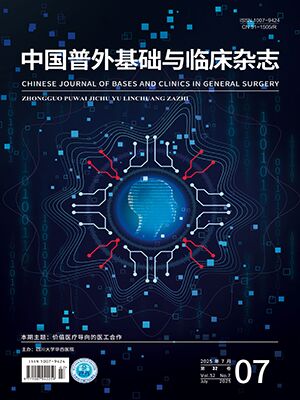ObjectiveTo investigate the feasibility of proton magnetic resonance spectroscopy (1H-MRS) imaging, by which to quantitatively analyze liver fat content for therapeutic evaluation of fatty liver at 3.0 T MRI. MethodsTwenty-six patients who diagnosed with fatty liver were examined with proton MRS at Siemens Trio Tim 3.0 T MRI before treatment and 3, 6 months after treatment, respectively. The water peak, fat peak, water peak area, and fat peak area were detected, and the relative lipid content 1 (RLC1) and relative lipid content 2 (RLC2)were calculated. Fatty liver index (FLI) was referred to the standard which was calculated from triglycerides (TG), gammaglutamyl-transferase (GGT), waist circumference, and body mass index. ResultsThere were significantly different differences of RLC1 and RLC2 among before treatment and 3, 6 months after treatment (P lt;0.05). Compared with before treatment, the RLC1 and RLC2 values significantly decreased on month 3 or 6 after treatment (P lt;0.05). There were positive correlation between RLC1 or RLC2 and FLI (r=0.476, P lt;0.00; r=0.475, P lt;0.001). The intraclass correlation coefficient was more than 0.75 before treatment, the repeatability was better. ConclusionsProton MRS can quantitatively measure liver fat content. It can be reliably used for dynamic monitoring the therapeutic effects for fatty liver. Proton MRS is accurate, and has a good clinical application in dynamically monitoring the progression of fatty liver and evaluating the therapeutic effects of various treatments.
Citation: ZHANG Xie,LIU Xijiao,HUANG Zixing,YUAN Fang,SONG Bin,ZHANG Wei .. Quantification of Liver Fat Content by 1H-MR Spectroscopy Imaging at 3.0 T for Therapeutic Evaluation of Fatty LiverPreliminary Study. CHINESE JOURNAL OF BASES AND CLINICS IN GENERAL SURGERY, 2011, 18(12): 1330-1333. doi: Copy
Copyright © the editorial department of CHINESE JOURNAL OF BASES AND CLINICS IN GENERAL SURGERY of West China Medical Publisher. All rights reserved





 Baidu Scholar
Baidu Scholar